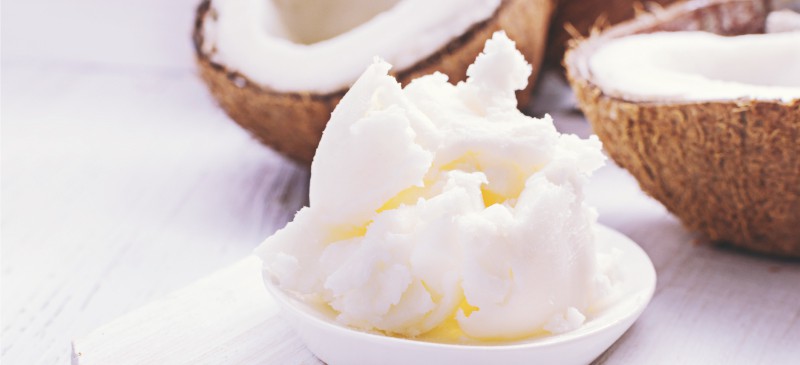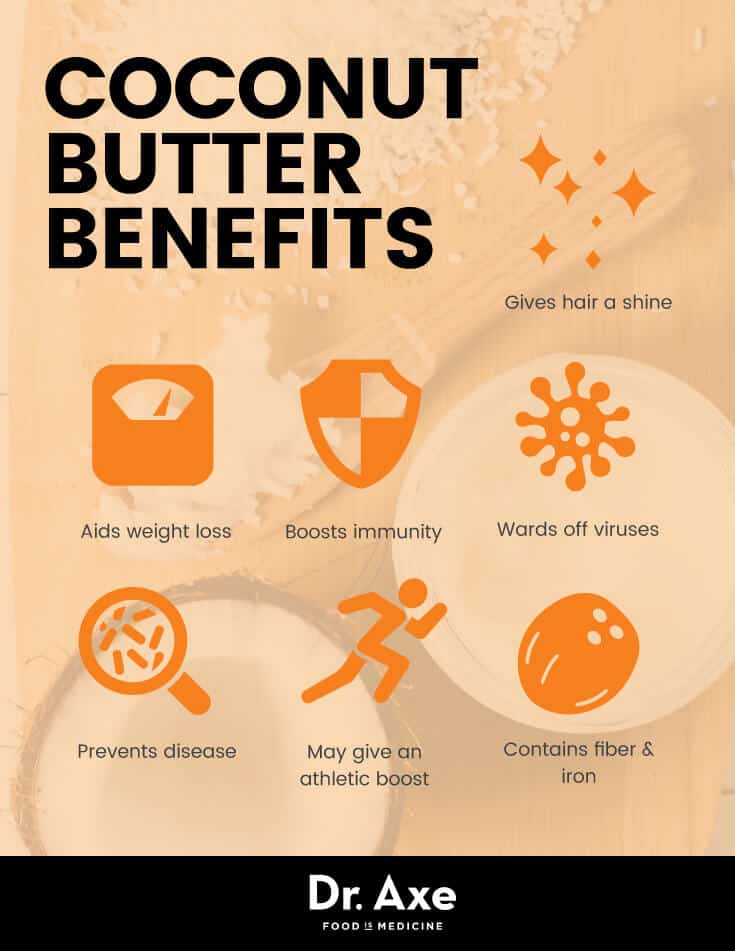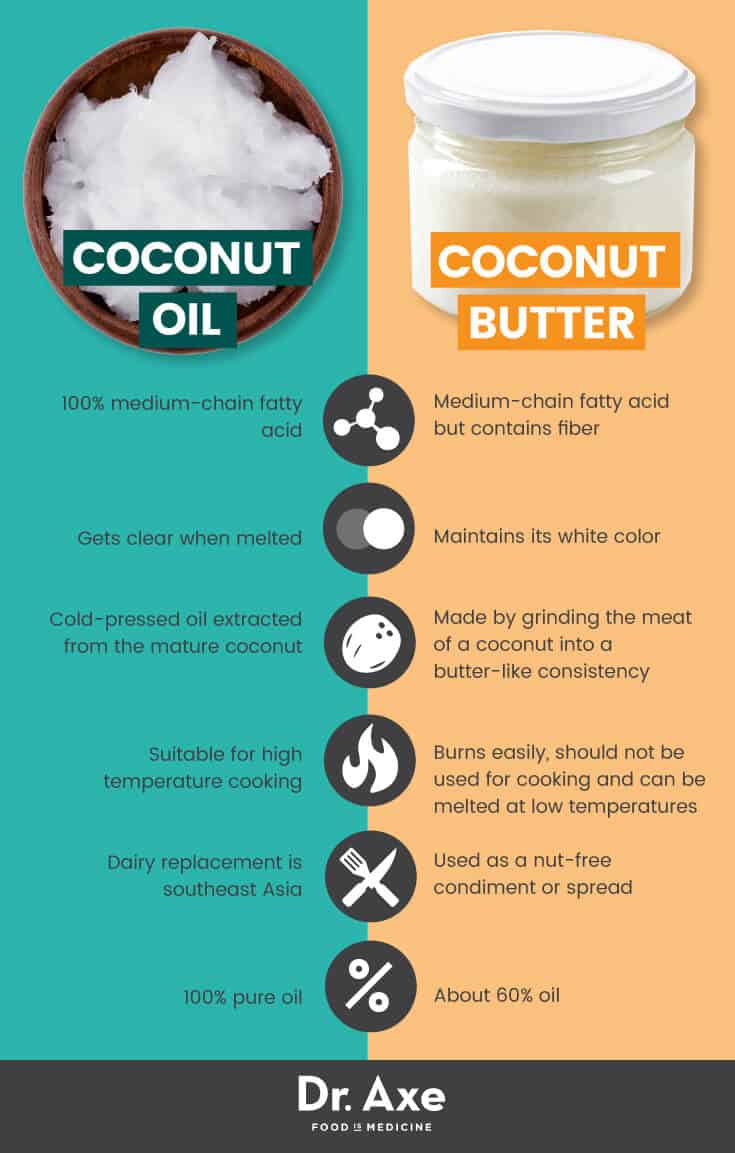This Dr. Axe content is medically reviewed or fact checked to ensure factually accurate information.
With strict editorial sourcing guidelines, we only link to academic research institutions, reputable media sites and, when research is available, medically peer-reviewed studies. Note that the numbers in parentheses (1, 2, etc.) are clickable links to these studies.
The information in our articles is NOT intended to replace a one-on-one relationship with a qualified health care professional and is not intended as medical advice.
This article is based on scientific evidence, written by experts and fact checked by our trained editorial staff. Note that the numbers in parentheses (1, 2, etc.) are clickable links to medically peer-reviewed studies.
Our team includes licensed nutritionists and dietitians, certified health education specialists, as well as certified strength and conditioning specialists, personal trainers and corrective exercise specialists. Our team aims to be not only thorough with its research, but also objective and unbiased.
The information in our articles is NOT intended to replace a one-on-one relationship with a qualified health care professional and is not intended as medical advice.
Coconut Butter: The Better, Healthier Butter?
April 16, 2017

You surely know that I’m a big lover of coconut oil because of its many healing properties, so it should come as no surprise that I also use coconut butter from time to time. Because every bit of the coconut is used in some way, such as in the making of coconut water, coconut milk, coconut nectar/coconut sugar, and even coconut flour, it’s often referred to as the tree of life, and that’s where coconut butter comes into the picture.
What Is Coconut Butter?
Coconut butter comes from the coconut meat. Essentially, it’s the ground-up meat that makes the nut butter-like consistency, though usually a bit more flaky. (1) The coconut has been a star superfood for some time now and has brought great health benefits to numerous cultures because it’s considered a valuable source of both food and medicine.
Coconut butter has most of the same health-benefitting qualities as coconut oil, and then some. For instance, coconut benefits include aiding in weight loss, boosting immunity and more. How? I’m glad you asked.
Nutrition Facts
A 33-gram serving of coconut butter contains about:
- 186 calories
- 7 grams carbohydrates
- 2 grams protein
- 18 grams fat
- 5 grams fiber
- 0.9 milligram iron (5 percent DV)
- 0.6 milligram vitamin C (1 percent DV)
- 10 milligrams calcium (1 percent DV)
Health Benefits
1. Aids Weight Loss
I know it may seem odd that eating fat will help you lose weight, but it’s possible if it’s a healthy fat. Of course, moderation is always important so don’t go all out on the coconut butter — however, having a little on a regular basis may just give your body what it needs in the category of healthy fats.
Interestingly, a group of farmers thought that by feeding their cattle coconut butter, the cattle would gain weight, therefore increasing their profitability. What happened? They lost weight! The reason is that the coconut butter is a medium-chain fatty acid. This type of fat gets burned for energy unlike long-chain fatty acids, making it quite a superfood. Additionally, it makes coconut butter a metabolism booster that increases calorie burn and energy levels. (2)
2. Boosts Immunity
This superfood contains lauric acid. The HEAL Foundation reports that next to a mother’s milk for her newborn, coconut ranks as a second best choice for boosting immunity. Breast milk is one of the most effective ways to help a newborn gain a strong immune system.
Studies indicate that 50 percent of breast milk is saturated fat, containing 20 percent lauric acid. Lauric acid is also found in coconut butter, which is a 12 carbon medium-chain length fatty acid. (3)
3. Can Ward Off Viruses
Coconut butter has many antibacterial characteristics. That lauric acid is pretty special since it has long been known to treat viral infections, such as the flu, the common cold, cold sores, genital herpes, genital warts and more. It can even help fight bronchitis, gonorrhea, yeast infections/candida, chlamydia and ringworm. (4)
4. Helps Prevent Diseases
Coconut butter is no different than coconut oil when it comes to helping alleviate the risk of disease. Research tells us that the medium-chain fatty acids found in coconut butter may help prevent and treat diseases like diabetes, osteoporosis, gallbladder disease, Crohn’s disease and even cancer.
Because the medium-chain fatty acids are easier for the body to digest than long-chain versions, it offers more support for the body, helping reduce inflammation. While more studies are needed, it can certainly be an advantage when consumed in moderation. (5)

5. May Give Athletes a Performance Boost
Since coconut butter is a medium-chain fatty acid, it may provide a boost for athletic performance. This works because it contains MCTs (medium-chain triglycerides), which are more rapidly absorbed by the body. This, in turn, generates a fat-burning resource for energy.
Basically, instead of being stored as fat the way that long-chain fatty acids are typically stored, it’s converted into fuel that can be used by the muscles right away. MCT-based foods are popular with the Paleo die-hards. Though I do not recommend it long term, this may be one of the reasons a ketogenic diet has gained popularity for some athletes. (6)
6. Contains Beneficial Fiber
Most Americans do not get enough fiber in their diets. Coconut butter may help as a high-fiber food. This is great since it offers consistency in bowel movements and can even help lower cholesterol. Additionally, fiber can help control blood sugar levels. To make sure you are getting enough, you may want to keep an eye on it.
How much is enough? According to the Institute of Medicine, daily fiber recommendations for adults are: (7)
- Men 50 or younger: 38 grams
- Men 51 and older: 30 grams
- Women 50 or younger: 25 grams
- Women 51 and older: 21 grams
In addition, the meat of the coconut, coconut butter, may be a great addition to your diet.
7. Gives Hair a Shine
Coconut butter, much like coconut oil for hair, can make for a great hair mask that offers many benefits, including hair growth, preventing dandruff and as a conditioner.
Since it’s easily absorbed by the hair (and skin), it can reduce the negative effects of free radical damage while enhancing those gorgeous locks. You can simply blend it with your favorite essential oil, like rosemary, and massage it into your hair. Leave it on for 20 minutes, then shower as you normally would. If you prefer, you can heat coconut butter a little bit to soften it, then apply it to the hair. Either way, it adds shine and helps maintain a healthy head of hair. (8)
Coconut Oil vs. Coconut Butter
These relatives are similar in many ways, though the biggest difference is that coconut oil is a 100 percent full fat oil, whereas the butter contains fiber and other nutrients. (11)
Coconut Oil
- Is 100 percent medium-chain fatty acid
- Gets clear when melted
- Cold-pressed oil extracted from the mature coconut
- Suitable for high temperature cooking
- Dairy replacement is southeast Asia
- Available as a virgin oil
- Available in organic forms
- Store at room temperature
- Is 100 percent pure oil
Coconut Butter
- Is a medium-chain fatty acid but contains fiber
- Maintains its white color
- Made by grinding the meat of a coconut into a butter-like consistency
- Used as a nut-free condiment or spread
- Burns easily so should not be used for cooking but can be melted at low temperatures
- Can be used as an exfoliant on skin
- Contains fiber
- Available as a virgin oil
- Available in organic forms
- Store at room temperature
- Stir before using due to possible separation
- Is about 60 percent oil

How to Make
Servings: 1.5–2 cups
Time: 15–20 minutes
Since coconut butter only contains the one ingredient, coconut, you just need to understand what to buy. Buy 100% percent unsweetened, dried coconut that’s either shredded or flakes. I suggest trying both since the texture is different for each. Flakes often turn into a smoother butter than shredded coconut does.
Coconut butter is delicious on anything from toasted sourdough to pancakes. It’s great in smoothies, coffee or blended with other nut butters and dark chocolate as a tasty treat. You can add a little to your favorite curry dishes too. And let’s not forget the magic it does on the body. It can be a great hair mask or body scrub.
Using a food processor and a high-powdered blender, place about 4.5 cups of coconut into your food processor or blender. The blending time is about 15–20 minutes if using a food processor and 10–15 minutes (or less) if using a blender. For best results, occasionally stop the machine and scrape down the sides to push the coconut into the mixture.
As you are making the coconut butter, it will initially have a finely shredded texture. Eventually, it will start to get somewhat thin and grainy, becoming a smooth, thick liquid. You may find that the final product seems runny, but when you try it, it will have more of a thick, sticky texture, similar to a grainy nut butter.
I like to keep mine in a glass jar at room temperature in my kitchen cabinet or cupboard. Once it cools to room temperature, it will help it have a more solid, spreadable consistency.
Health Risks
Coconut butter is great for so many things from vegan sweet treats and curry dishes to the skin and hair, but if you decide to heat it up on the stove, please be careful. It burns very easily. Keep temps on low for safe cooking and keep you eye on it.
Keep in mind that while lauric acid is safe for pregnant and breast-feeding women in normal food amounts, larger amounts should be avoided. Simply check with your physician.
Final Thoughts
Coconut butter is amazing in just about as many ways as coconut oil, and maybe a little more. But, just like coconut oil, you have to enjoy it in moderation. While it is a healthy fat, it is still fat. Substituting coconut butter instead of regular butter can be a great way to gain some added nutritional value.
Coconut butter benefits include aiding weight loss, boosting immunity, warding off viruses, helping prevent disease, providing a performance boost for athletes, containing beneficial fiber, giving hair a shine and providing iron.










